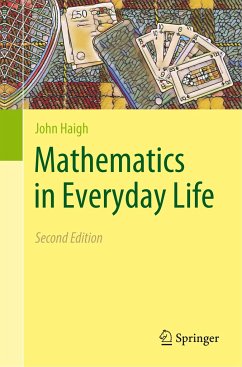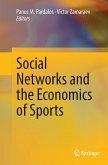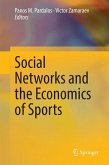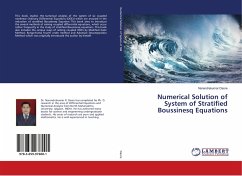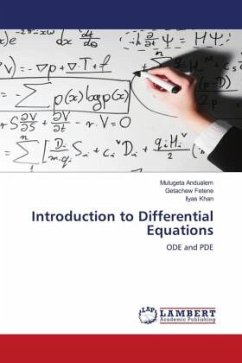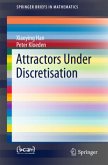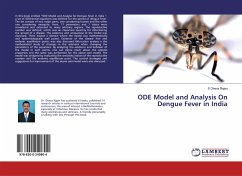How does mathematics impact everyday events? Through concrete examples from business, sport, games, computing, and society, this book explores the mathematics underpinning our everyday lives.
The examples covered in the book include game shows, internet search engines, mortgage payments, drug testing, soccer tournaments, social inequality, voting, and much more. Throughout, the reader's mathematical knowledge is broadened with new topics such as differential equations, eigenvalues of matrices, linear programming, and modular arithmetic. Fully worked examples illustrate the ideas discussed and each chapter includes exercises to develop the reader's understanding. This new edition has been thoroughly updated, and includes a completely new chapter on applications of mathematics to computing.
Mathematics in Everyday Life supports beginning university students in science and engineering by offering extra practice in calculus, linear algebra, geometry,trigonometry, elementary number theory, and probability. Students whose degree course includes writing an extended mathematical essay will find many suitable topics here, with pointers to extend and develop the material.
The examples covered in the book include game shows, internet search engines, mortgage payments, drug testing, soccer tournaments, social inequality, voting, and much more. Throughout, the reader's mathematical knowledge is broadened with new topics such as differential equations, eigenvalues of matrices, linear programming, and modular arithmetic. Fully worked examples illustrate the ideas discussed and each chapter includes exercises to develop the reader's understanding. This new edition has been thoroughly updated, and includes a completely new chapter on applications of mathematics to computing.
Mathematics in Everyday Life supports beginning university students in science and engineering by offering extra practice in calculus, linear algebra, geometry,trigonometry, elementary number theory, and probability. Students whose degree course includes writing an extended mathematical essay will find many suitable topics here, with pointers to extend and develop the material.
"This book would make for an engaging class, as the mathematics, the applications (e.g., darts, roulette), and social science topics ('which voting system would be the best?') would generate lively discussion and allow for the mathematics to be studied rigorously and enjoyed in a fun manner." (James Valles, MAA Reviews, April 18, 2021)

